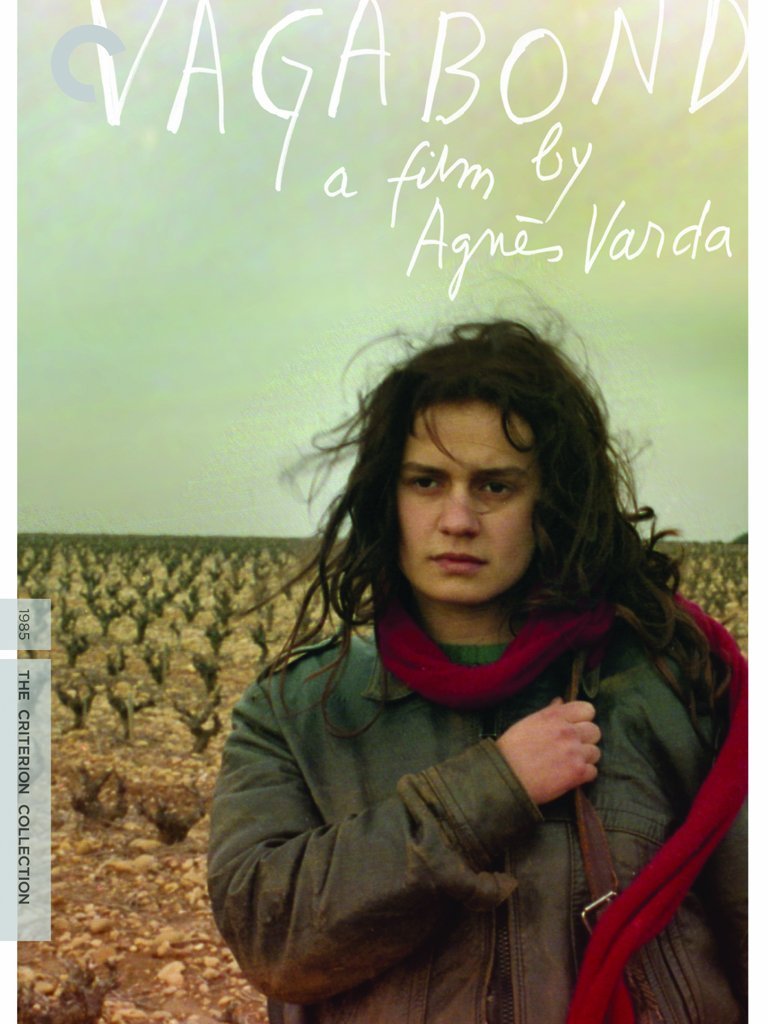In New Zealand, plenty of the films that make it to the film festival New Zealand International Film Festival are ones that elsewhere in the world would go straight to cinemas and get all kinds of rave reviews, but foreign language films generally have to be quite middlebrow and forgettable to get distribution, so I can only hope that Happening manages to do so, because it’s an excellent period drama.
This isn’t the first film at this film festival I’ve seen which deals with women seeking an abortion, but this one is set in 1960s France, not the most tolerant place to be looking for such a service. However, the film makes a clear case for why it should be accessible, given the struggle our central character Anne (Anamaria Vartolomei) goes through. She’s young, inexperienced and clearly ill-equipped to have a child, but puts herself through all kinds of trauma in order to try to have a normal life, while naturally the deadbeat dad (well, a fellow student) has practically no worries about the situation at all. Given the subject matter though, this film strikes a rather dreamy and detached tone, unlike say the grim existential angst of say 4 Months, 3 Weeks and 2 Days or Never Rarely Sometimes Always, or even the period chiaroscuro of Vera Drake, It makes some of the darker material easier to take in a way, this aesthetic care taken over the look of the piece, without dwelling on flashy period details (the era its set in is picked up from tangential clues mostly, rather than people striding around in silly wigs and fashion). Plus it has a great performance from the young actor at its heart.
CREDITS
Director Audrey Diwan; Writers Diwan, Marcia Romano and Anne Berest (based on the novel/memoir by Annie Ernaux); Cinematographer Laurent Tangy; Starring Anamaria Vartolomei, Kacey Mottet Klein, Sandrine Bonnaire; Length 100 minutes. Seen at Embassy, Wellington, Friday 19 November 2021. 








